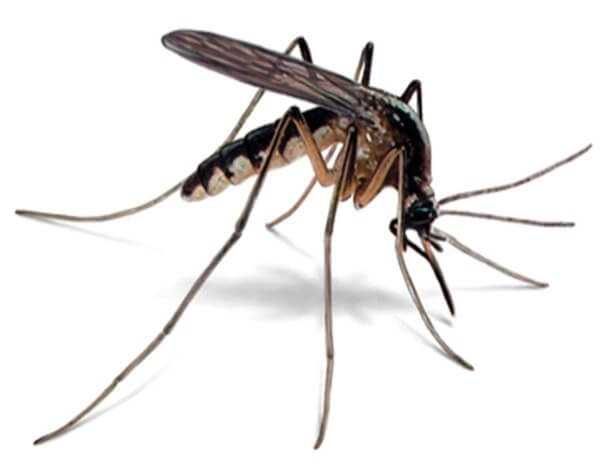By Gina Martinez
The city Department of Health is continuing pesticide spraying all over the city, including Queens Wednesday night, in an attempt to stop the Zika virus from spreading.
DOH will spray parts of Bayside, Bellerose, Douglas Manor, Douglaston, Floral Park, Fresh Meadows, Glen Oaks, Hollis Hill, Holliswood, Jamaica Estates, Little Neck, Oakland Gardens Bordered by Long Island Expressway, Bell Boulevard, Long Island Rail Road to the North; Little Neck Parkway, Long Island Expressway, Nassau County Boundary, Union Turnpike and Langdale Street to the East; 81st Avenue, Cross Island Parkway, and Hillside Avenue to the South; and 188th Street to the West. The spraying will begin at 10 p.m. and extend through 6 a.m. Thursday, weather permitting.
Queens neighborhoods are being sprayed because of a significant presence of Aedes Albopicus, also known as Asian Tiger mosquitoes. The Zika virus has not been found in any mosquito in New York City, but the Asian Tiger can carry the virus. The spraying is being used as a preventative measure. Asian Tiger mosquitoes are not the mosquito responsible for the current outbreak in Latin and Central America, the DOH said.
The city has a three-year, $21 million plan to protect New Yorkers from the Zika virus. The Health Department will spray areas with significant number of Asian Tiger mosquitoes as a precaution.
For the spraying of Queens the DOH will use a low concentration of DUET Duel-Action Adulticide, which when used properly, poses no harm to human health, the Health Department said. To avoid direct exposure the DOH recommended staying indoors, if possible, during the spraying, and to remove children’s toys and equipment from outdoor areas during the spraying.
As of Sept. 2 out of the 550 total cases in New York City, 105 people in Queens have tested positive for the Zika virus.
Reach Gina Martinez by e-mail at gmart


































